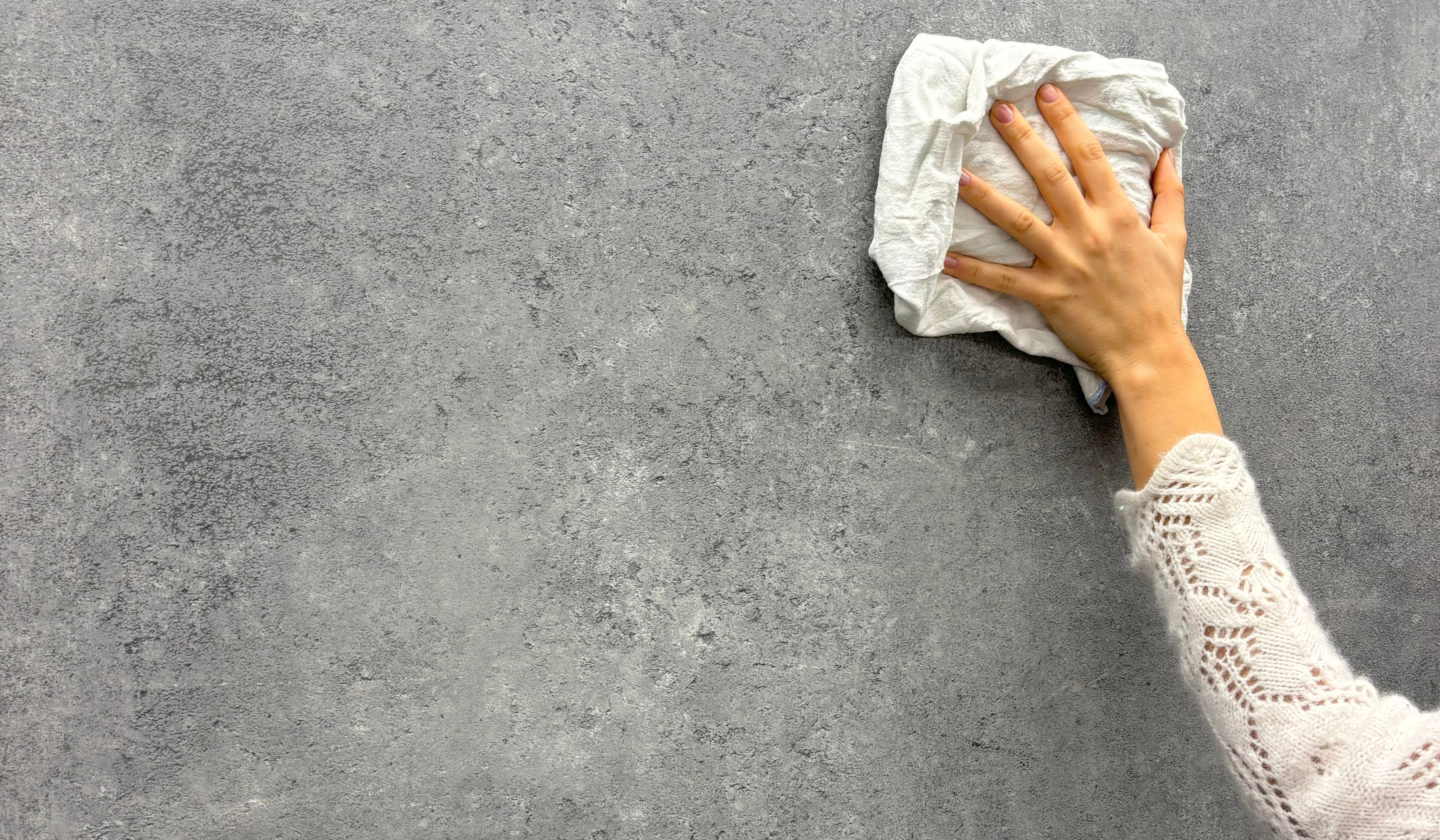Cleaning and maintenance of porcelain stoneware: our tips for always perfect tiles
When you have to choose the material to be used to floor and cover the interior or exterior spaces of your home, easy cleaning is certainly one of the most important elements to take into account.
From this point of view, porcelain stoneware is a winning choice: it is in fact a material that requires very little maintenance and can be cleaned easily and with little effort, and therefore remains beautiful and intact over time even if subjected to frequent washing, without the need to use expensive detergents or additives.
How to wash porcelain stoneware
The first thing to remember, when it comes to cleaning porcelain stoneware, is that one of the main strengths of this material is its resistance: unlike other natural materials such as marble or wood, porcelain stoneware does not absorb liquids or fats that fall on its surface, and it is also able to withstand the impact of sunlight, temperature changes and abrasions in an excellent way.
All these characteristics make porcelain stoneware extremely resistant to weathering and stains: thedirt that deposits on it does not penetrate inside the tile but remains on its surface, from which it can be removed in a few simple steps, using cheap products easy to find on the market. This principle applies to all types of porcelain stoneware: regardless of the rough or smooth texture, the glossy or matte finish, the wood or stone effect, this material is always resistant and waterproof, therefore easy to keep clean and free of halos.
Tips for cleaning porcelain stoneware
Here are some tips to clean porcelain stoneware floors easily and with little effort, removing all types of stains:
- Do not neglect the first cleaning after laying: to obtain a beautiful and resistant floor it is essential, once the laying of the tiles is finished, to thoroughly clean the surface to remove any residues of glue, putty, sealant or other building materials. This cleaning, which must be carried out only once, is the only intervention that requires the use of special acid-based detergents, which must be left to act for a few minutes and then carefully removed, and is necessary to remove all those residues that, if not eliminated, could make the floor surface rough and therefore more prone to attract dust and dirt, as well as less beautiful from an aesthetic point of view. Given the particular characteristics of this first intervention, it is advisable to request the intervention of specialised personnel, equipped with specific machinery capable of guaranteeing perfect cleaning of all newly tiled surfaces.
- Always choose a neutral detergent: cleaning porcelain stoneware is simple and requires the use of detergents that are commonly available on the market. After removing all surface residues (dust, hair, animal hair...) with a vacuum cleaner, with a special cloth or with a broom and trowel, it is sufficient to proceed to washing using any type of ceramic floor detergent, but also simple ammonia (ideal for opaque stoneware), bleach ororalcohol, diluted in lukewarm water. These types of detergents often do not require rinsing, and are therefore the most practical and fastest solution to obtain clean and stain-free floors with little effort.
- Choose soft and non-abrasive cloths: the chosen detergent must be wiped on the floor with a simple cloth, avoiding the use of brushes and other abrasive tools, which do not allow to obtain better results, nor to save time. Even if the floor is tiled with rough porcelain stoneware, it is better to avoid using abrasive cloths and, instead, wipe with a cloth several times and slowly, to ensure that both the dirt and any excess detergent, which could leave marks, are well removed.
- Avoid using products with rinse aids or other additives: Floor cleaners containing additives that facilitate drying or make the surface shinier at the end of washing are available on the market. Additives of this type are not particularly effective on porcelain stoneware tiles, so their use does not allow for appreciably better results.
- Do not use waxes or other products with an oily component: it is very important to remember that cleaning stoneware floors does not require the use of wax and that – more generally – all oily detergents and perfumed oily substances are to be avoided. These types of products do not permanently damage porcelain stoneware tiles but, since they are not absorbed, they remain above them, making them slippery and favouring the build-up of dust and dirt. If a stoneware floor has been mistakenly treated with an oily product, it is therefore advisable to carefully clean the surface using water and neutral detergent or water and ammonia.
Cleaning porcelain stoneware is simple, quick and economical, which is why stoneware tiles are ideal for all floors subjected to frequent stress and washing: over time the colours and texture do not deteriorate, and with little effort you can achieve an impeccable result from an aesthetic, functional and hygienic point of view.
